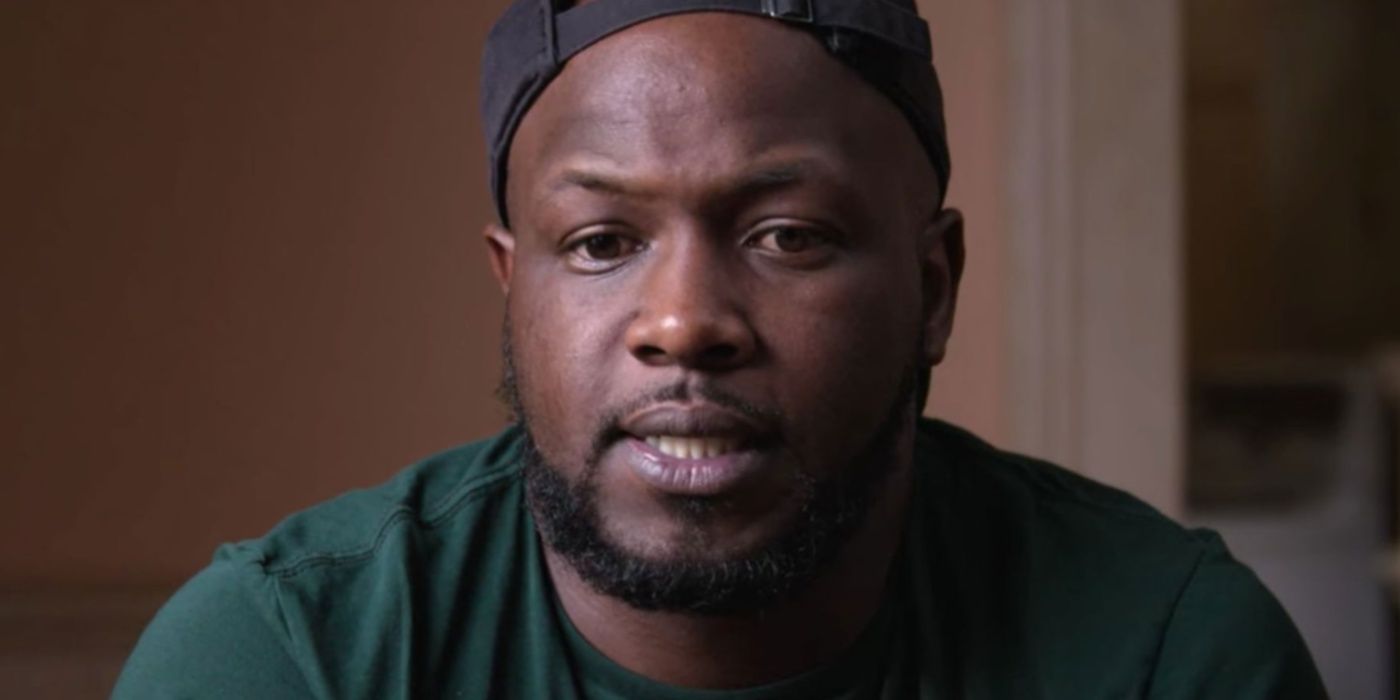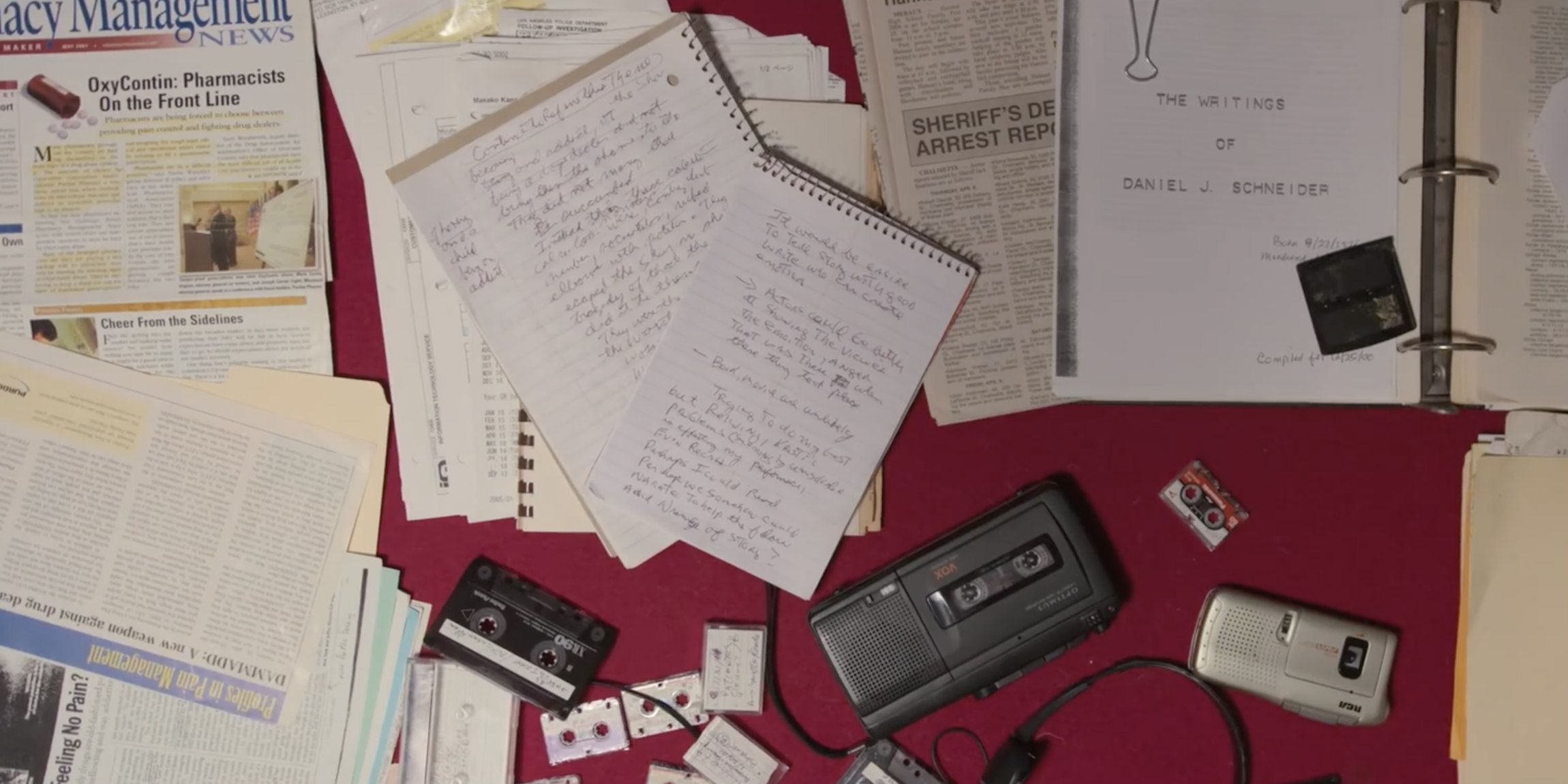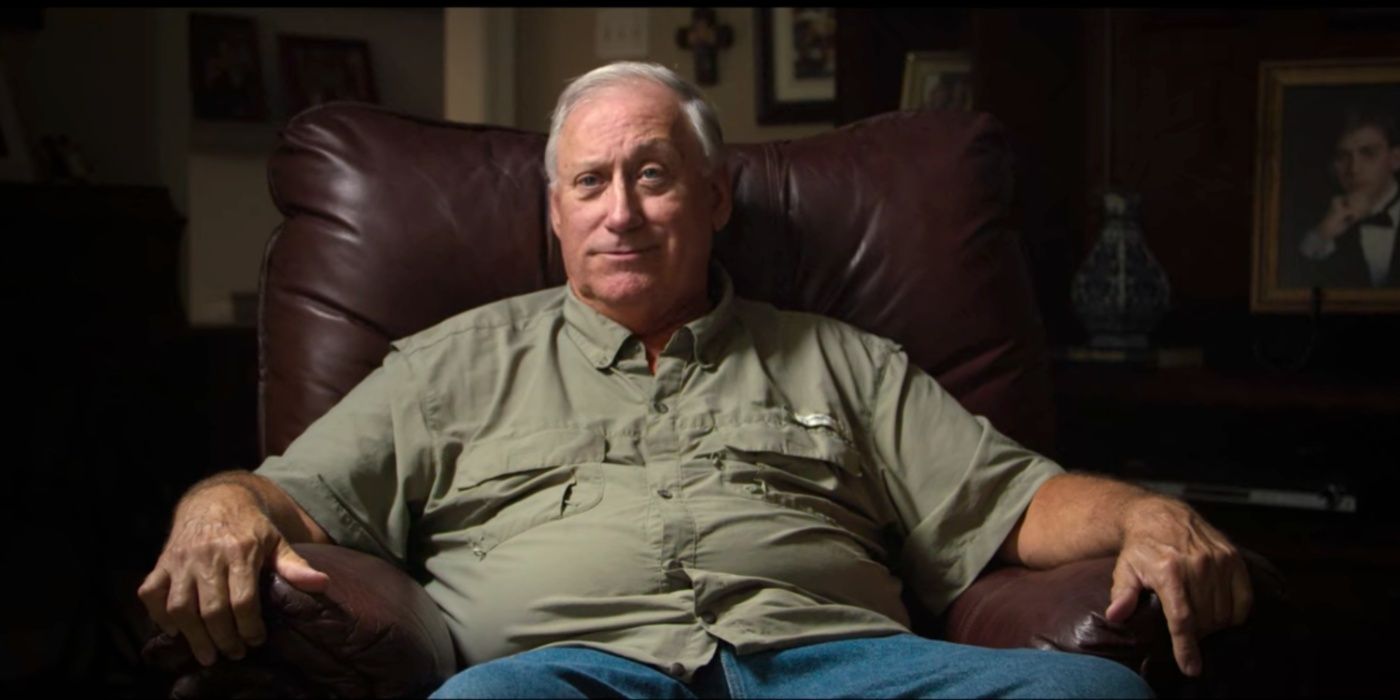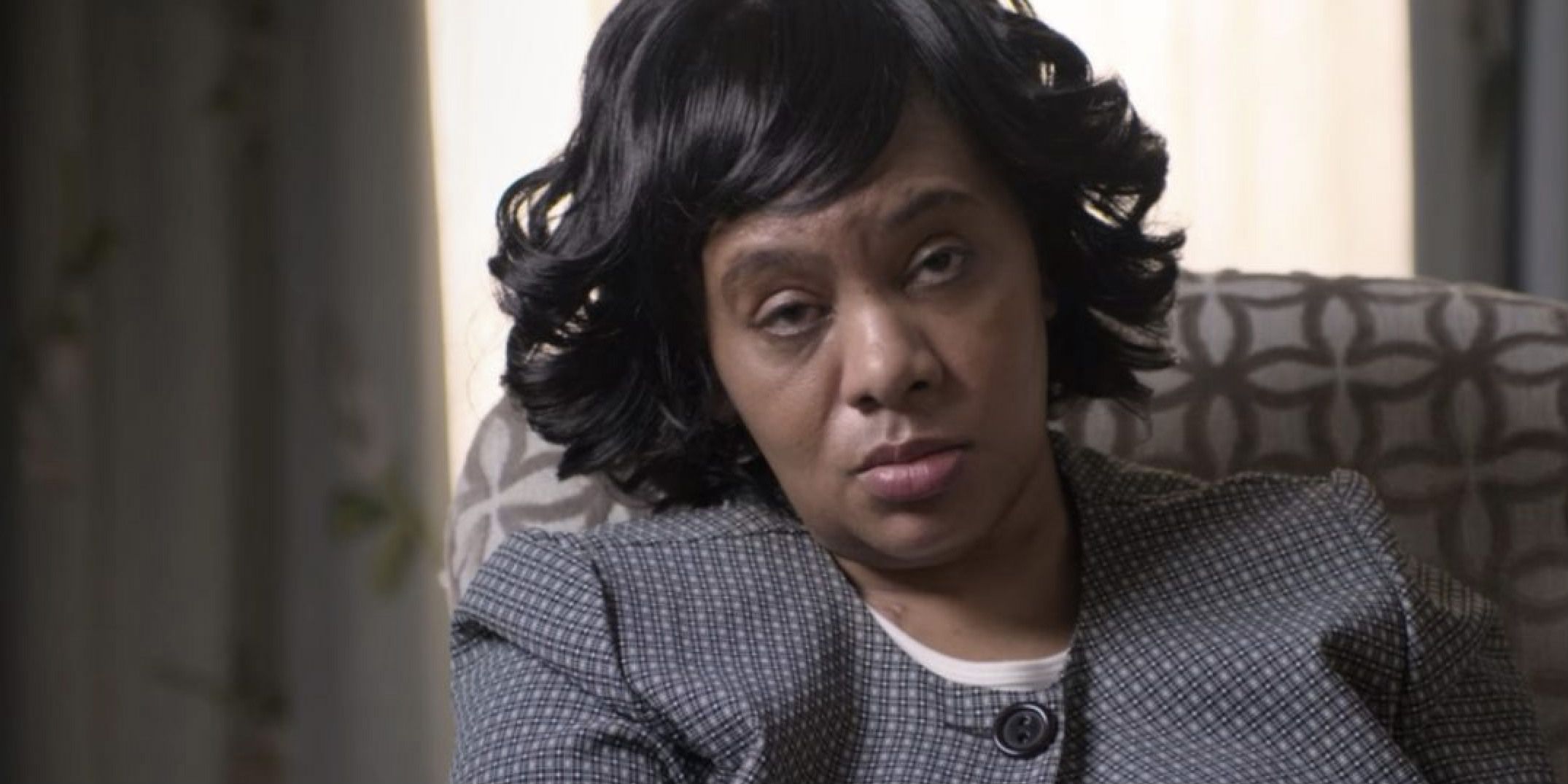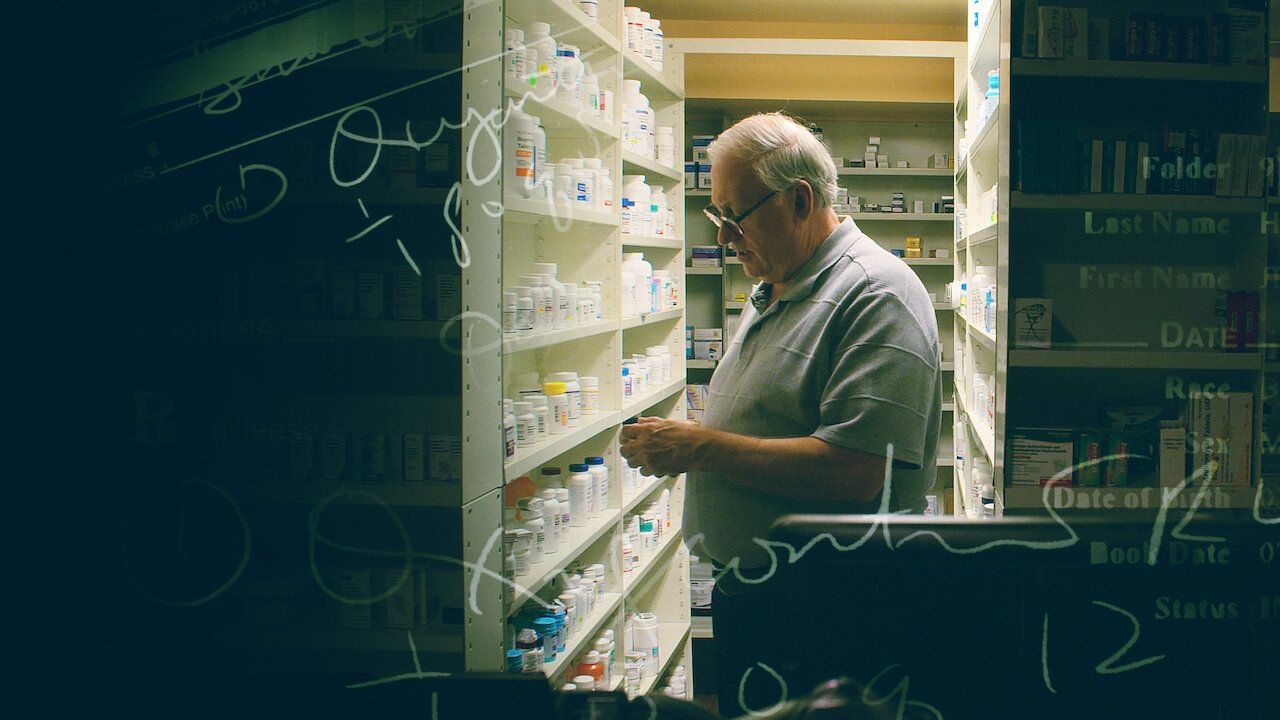
The Pharmacist: Shocking Exposés and Unconventional Ventures Unveiled in Netflix's Opioid Documentary

Discover the shocking truth behind Netflix's gripping documentary, The Pharmacist Uncover Dan Schneider's relentless pursuit of justice, the dark secrets of Dr Jacqueline Cleggett, and the devastating impact of Hurricane Katrina Prepare to be captivated by this extraordinary tale
Summary
The Pharmacist explores Dr. Cleggett's pill mill and how it contributed to the opioid epidemic, with shocking reveals about her unusual business practices.
Dan Schneider's unwavering quest for justice in his son's murder case has unveiled the alarming opioid crisis and the substantial surge in opioid prescriptions for minors.
The series intimately explores the detrimental effects Schneider's relentless pursuit has on his family and questions the worth of his tireless efforts, all the while illuminating numerous significant revelations that have come to light.
Content Warning: The following article contains discussions of addiction, teenage mortality, and suicidal thoughts.
Netflix's series "The Pharmacist" provides a deeply personal exploration of the "pill mills" that have fueled the widespread opioid crisis. The series delivers shocking revelations, notably shedding light on Dr. Cleggett's peculiar business practices. The narrative unfolds through the perspective of Dan Schneider, a father whose teenage son tragically lost his life in a drug-related homicide. In his quest for justice, Schneider uncovers the alarming prevalence of drug addiction among young individuals. As a pharmacist himself, Schneider becomes increasingly concerned by the surge in opioid prescriptions for minors, ultimately uncovering Dr. Cleggett's illicit pill mill.
Dan Schneider And His Wife Initially Considered Suicide
: The Pharmacist, unlike other true crime docuseries on Netflix, stands out due to Schneider's unwavering commitment to justice, evident through his extensive collection of recorded conversations. However, his relentless pursuit of the Dr. Cleggett case created tension within his family, causing strain between him, his wife Annie, and their daughter Kristi. This unique perspective, presented from Schneider's point of view, offers viewers a comprehensive understanding of cases like these. While Schneider's tireless efforts are undoubtedly praiseworthy, the series prompts us to question the personal sacrifices involved. Nevertheless, The Pharmacist is not without its merits, as it unveils numerous significant revelations.In the year 1999, within the Lower Ninth Ward of New Orleans, a tragic incident occurred that resulted in the untimely death of Danny Schneider, Jr. This unfortunate event transpired during a drug transaction that took an unfortunate turn. The initial portion of The Pharmacist, titled "Justice for Danny," serves to deconstruct the commonly held notion of the American Dream, while also providing insight into the events that will unfold in subsequent episodes. Throughout his narration, Dan, the grieving father, experiences moments of emotional vulnerability when he contemplates an alternative series of events that may have spared his son's life. In an attempt to console his wife and instill a sense of hope, he often references his belief in God and the reassurance that everything will ultimately be alright.
The content fragment rewritten in a better way is:
Dan Schneider Fearlessly Pursued His Son's Killer
The audio recordings provide a glimpse into one side of Dan's character in The Pharmacist, but it is through the on-camera interviews that a grim reality is exposed. The subject openly shares that both he and Annie contemplated suicide immediately after the tragic demise of Danny, as they felt utterly hopeless about their future. In separate interviews, Kristi Schneider recounts her sorrow and the circumstances that led her to form a bond with a woman who had experienced the murder of Danny Jr. and also suffered the loss of a brother to violence. Throughout The Pharmacist, the prevalent themes of destiny and acceptance resonate from start to finish.After overcoming his immense grief, Dan shifted his focus towards the investigation. He unveils the lack of support he received from law enforcement officials, particularly Sergeant Addie Fanguy, who not only dismissed Dan's theories but also posed a subtle threat. Consequently, Dan decided to record phone conversations and personally delve into the matter, leading to widespread speculation about his mental well-being. However, it became apparent that Dan's sole objective was to uncover the truth surrounding his son's disappearance and the reason behind it. The first step of his investigation involved conducting door-to-door inquiries in the Lower Ninth Ward of New Orleans. Additionally, Dan went to the extent of installing recording equipment in his car to capture a conversation with a teenage witness named Jeffery Hall.
In The Pharmacist, Dan, a resident of the Lower Ninth Ward, was regarded by locals as "a bit crazy." Despite this perception, his friends and acquaintances stood by him, offering moral support and protection. During an interview, one individual remarked that Dan seemed to have a persistent "question mark" issue, as he couldn't let go of the unanswered questions concerning his son's fate. Dan recounted how he discovered the alleged shooter's identity through a contact in the Lower Ninth Ward and contemplated taking revenge. In an on-camera interview, he made reference to God and shared how he tirelessly made calls using a local directory, eventually locating a second witness. However, the story took a surprising turn when Dan discovered that the original murder witness, Jeffery Hall, was actually the killer. This revelation serves as a critical setup for the final three episodes of The Pharmacist.
An Oxy Epidemic Was First Identified By Dan Schneider
Dan returned to his work in December 2000, filled with clarity and compassion. It didn't take long for him to encounter a significant issue — young children were coming into his pharmacy with OxyContin prescriptions. Dan vividly saw his son's reflection in their faces and declared, "I was now fully attuned." His focus swiftly shifted from obsessing over the details of his son's tragic death to investigating the reasons behind the widespread prescribing of OxyContin to youths.
Dan discovers that a certain individual known as Dr. Jacqueline Cleggett was dispensing OxyContin prescriptions in a shady part of the neighborhood just a few blocks away. Gradually, Dan's apprehensions grew as he witnessed an overwhelming influx of prescriptions, particularly those with unusually high dosages. It was not until the untimely death of a customer named Sheri Shernecker, who happened to be buried near Dan's own son, that the pharmacist felt compelled to delve into the conduct of Dr. Cleggett. Alarming information revealed that the doctor was reportedly attending to approximately 76 patients on a daily basis, as confirmed by the DEA. The Pharmacist as a whole depicts Dan's astute recognition of a significant OxyContin issue that was largely overlooked by the media, but which subsequently prompted the DEA to initiate an investigation into Dr. Cleggett's dubious business practices.
Paranoia Nearly Destroyed Dan Schneider
Dr. Cleggett's actions not only worried his family but also caught the attention of the FBI. Through recorded conversations, he consistently made mention of a "special calling," insinuating that his son was a "martyr." Naturally, Dan's boss grew concerned as potential clients were being turned away and pressured into alternative treatments. Despite Dan's good intentions, his unpredictable behavior eventually led to a car chase and a visit to the local FBI bureau.
Dan discloses that he was spotted by Dr. Cleggett's associate during a reconnaissance mission. Subsequently, he found himself being chased in a car and made frantic phone calls to his family. Dan's daughter describes his state during the call as "he sounded crazy," and the FBI also detected something amiss, as can be heard in Dan's recorded conversation with them when he reached their premises and was subsequently asked to leave. In The Pharmacist, Dan acknowledges that he had lost trust in himself and that certain occurrences might have been products of his imagination. However, his unwavering perseverance, despite the confusion, ultimately led to the apprehension of Dr. Cleggett.
Dr. Jacqueline Cleggett Had Unusual Business Practices
DEA Diversion Investigator Iris Myers states that Dr. Cleggett turned St. Bernard Parish into the epicenter of overdose cases. In the documentary, Myers shares her observations on Dan's behavior and the alarming outcomes, shedding light on the highly irregular practices of Dr. Cleggett's business. Myers discloses that Dr. Cleggett would arrive at work late at night, around 11 p.m., while patients waited for hours or even days to obtain an OxyContin prescription. Shockingly, Dr. Cleggett prescribed a staggering 182,732 OxyContin pills within a year, distributing them across 10 different pharmacies. To provide a broader perspective, Chris Davis, a sales representative for OxyContin, recounts how he pieced together the situation and gained insight from afar.
After conducting an investigation, Myers approached Dr. Cleggett at her residence where he discovered that she not only prescribed OxyContin but also used the opioid herself. Despite his efforts, the doctor adamantly refused to cease her actions and even went so far as to issue threats towards federal agents. In a strange turn of events, Dr. Cleggett made an appearance in The Pharmacist during a 2019 interview where she divulged what unfolded following her arrest. During the subsequent trial, she encountered a nearly fatal car accident which led to a severe neck injury known as "a hangman's fracture," two brain hemorrhages, five fractures in her skull, and a six-week period of incubation. Ultimately, Dr. Cleggett pleaded guilty to one count of conspiracy but never faced imprisonment. Tragically, the number of fatal overdoses in St. Bernard then doubled as a consequence of new dubious practices that arose in order to meet the local demand for OxyContin.
Hurricane Katrina Led To A New Opioid Epidemic
After Hurricane Katrina wreaked havoc in 2005, the issue of OxyContin escalated in New Orleans. In the documentary series "The Pharmacist," Dan, the protagonist, reminiscences his own home which was destroyed except for his recordings and files that were stored in the attic. He recalls the significant progress he had achieved just before the hurricane struck and reveals that it was the "tunnel of hope" - a serene pathway adorned with resilient trees that endured the storm - that fueled his determination to persevere.
The Pharmacist ends by exposing Purdue Pharma, the company responsible for distributing OxyContin. Myers comments on America's history of drug seasons, highlighting how OxyContin led to heroin, which then led to the modern fentanyl epidemic. Dan reflects on his involvement in the DEA's Prescription Monitoring Program, acknowledging the unintended consequence of driving addicts to heroin when they couldn't access OxyContin. Surprisingly, Dan's high school friend, Walter Leger, represented St. Bernard Parish in a case against Purdue Pharma.
The final revelation in Netflix's The Pharmacist is that the Sackler family, owners of Purdue Pharma, entered the addiction treatment industry, contradicting their previous claims about OxyContin's non-addictive properties. Essentially, they encouraged OxyContin usage for pain relief while also capitalizing on the financial opportunity presented by the opioid addiction epidemic caused by their own product. Although the opioid crisis continues, individuals like Dan Schneider, who expose the harsh realities, contribute to raising awareness.

